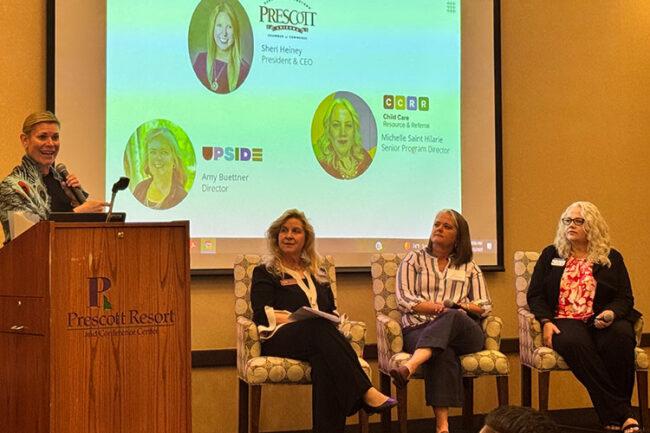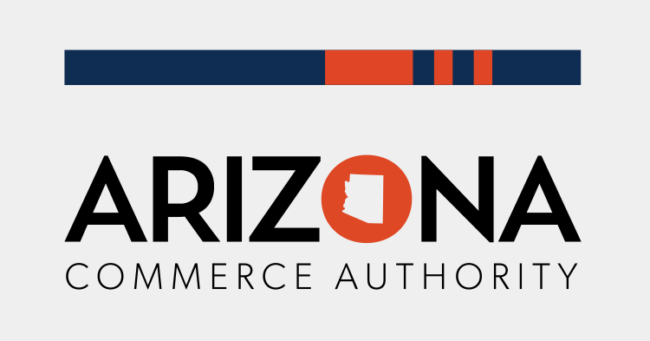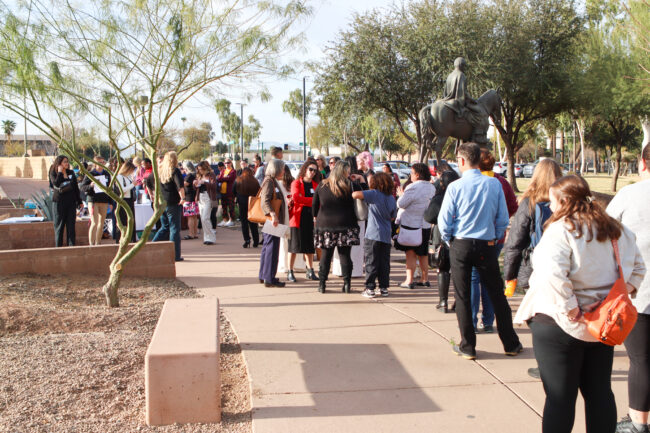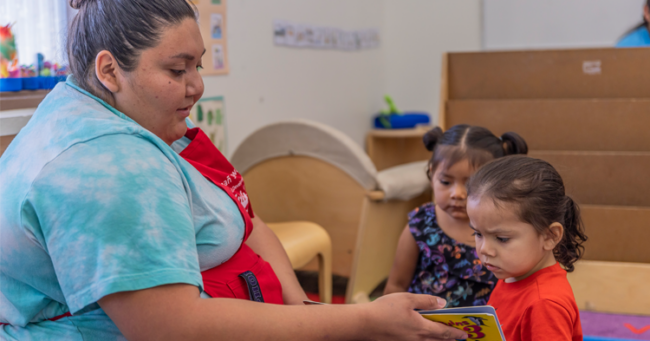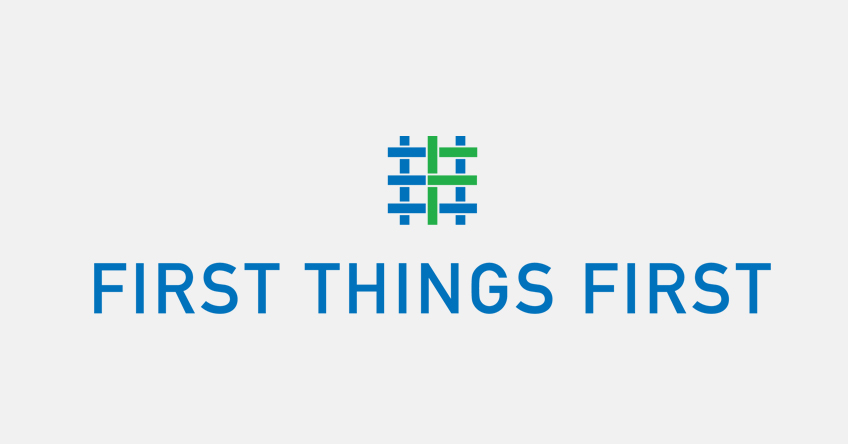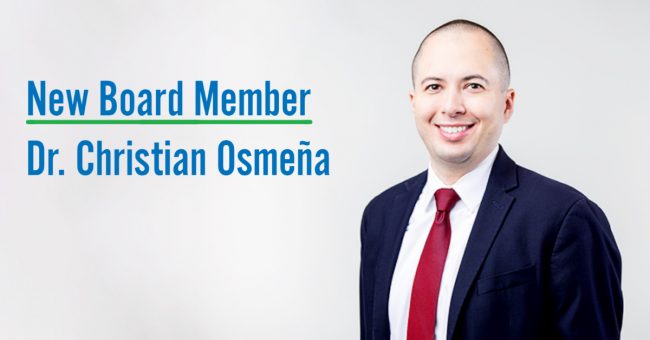
A recent analysis says that First Things First’s annual investments in early childhood programs and services sustain almost 3,000 jobs across Arizona and contribute millions in state and local taxes.
First Things First, Arizona’s early childhood agency, recently commissioned Rounds Consulting Group, Inc. to analyze the economic impact that the agency has on the state’s economy, as well as to address a long-term decline in tobacco tax, the agency’s main source of funding.
Jim Rounds, president of Rounds Consulting, spoke at the April FTF Board meeting about the report and how FTF’s mission contributes to Arizona’s economic development.
Policymakers have said “that they want government to operate like the private sector,” he said. “It came down to showing that the taxpayer was going to (gain) more if we spent more money upfront.”
| Annual Economic and Fiscal Impact of First Things First’s Child Care and Preschool Services | |
| Jobs Supported (1) | 2,800 |
| Economic Output (2) | $323,607,400 |
| State General Fund Reserves (3) | $8,495,300 |
| Local Tax Revenues (4) | $9,689,600 |
| (1) Jobs supported represents the total number of full-time equivalent jobs sustained annually. This includes direct employment within child care and preschool programs, as well as indirect and induced jobs created through increased economic activity in related industries. (2) Economic output measures the total value of goods and services generated annually as a result of FTF’s investments, including spending by child care providers, employee wages, and the broader economic ripple effects as these dollars circulate through Arizona’s economy. (3) State General Fund Revenues represents the estimated annual tax revenues collected by the state as a result of FTF-supported activities. These revenues primarily stem from income taxes, sales taxes, and other business-related taxes generated by increased workforce participation and economic activity. (4) Local tax revenues represent the estimated annual tax revenues collected by county and municipal governments due to FTF-supported economic activity. These revenues include local sales taxes, property taxes, and other municipal taxes that benefit communities across Arizona. Note: Estimates include direct, indirect, and induced economic effects associated with FTF’s child care and preschool programs. Source: Rounds Consulting Group, Inc. | |
According to the report: “FTF’s annual investments in quality child care and preschool services increase workforce participation, support businesses and generate state and local tax revenues – without drawing from the state’s General Fund. Annually, FTF-supported programs contribute $323.6 million in total economic output, sustain 2,800 jobs and generate $8.5 million in state General Fund revenues and $9.7 million in local government tax revenues.”
We have to start with the state’s youngest children and a quality early childhood education in order to sustain Arizona’s current economic growth by raising the educational achievement of everyone, Rounds said.

“How can we lift everybody?” he asked. “We need more kids who weren’t going to graduate high school to graduate. We need more kids who were just going to graduate high school to go on further. We need some of these subgroups to move up on the academic achievement ladder.”
Rounds, an often-cited economist who regularly provides advice to state policymakers, emphasized that building a strong foundation in the early years is key to continuing the state’s momentum of creating higher-wage jobs.
“That’s the only way we’ll have the workforce that’s needed to maintain that economic momentum,” he said. “So there’s this broader story that supports FTF’s overall mission, which is that this is now an economic development issue. Ten years ago, this would have been considered an economic welfare discussion. Now this is economic development.”
Extending tobacco tax could generate millions
The study used findings from Arizona State University’s Seidman Institute that say extending a tobacco tax on alternative nicotine products, such as vaping, could generate approximately $80 million annually.
“If allocated to FTF, these revenues could maintain current investments or expand child care services, creating additional economic and fiscal benefits,” the Rounds report said.
If FTF were allocated 60% of an expanded tobacco tax, it would offset the anticipated decline in tobacco tax revenues. Annual revenues are nearly 40% less per year than when FTF began its work.
In contrast, if FTF does not receive additional funding, the immediate repercussions will be proportional to declines in funding, the report concluded. There will also be long-term consequences. Reduced spending on young children and families will increase future General Fund costs, including social services and healthcare.
The study comes at a time when FTF is looking at ways to address consumer shifts to alternative nicotine products like e-cigarettes and nicotine pouches, which didn’t exist when voters created FTF. “Without an extension of revenue sources, the sustainability of FTF’s programs could be jeopardized in the coming years,” the Rounds report said.
Measurable benefits to families, businesses and economy
FTF provides more than 6,000 child care scholarships to Arizona’s working families each year, which according to the report, translates into $56 million in additional earnings and business revenue to Arizona’s economy.
“Access to affordable, high-quality child care has measurable economic benefits for families, businesses, and the state,” the report says.
It goes on to cite a 2023 Council for a Strong America study found that because of child care issues, families in Arizona lose an average of $6,320 per working parent due to lost earnings and time spent searching for work, while businesses incur $2,020 per working parent in lost revenue and increased hiring costs.
The report describes additional ways that FTF’s investments, such as enhancing child care facilities, improving program quality, providing in-home developmental and sensory screenings, parenting education and offering other critical family resources, support families and improve child care and preschool services.
The economic impact analysis also looked at taxation policy and how the revenue would be reinvested.
“In this case, funds from the expanded tobacco tax are directed toward early childhood programs, which have proven to generate a significant return on investment.
“These programs improve health outcomes, reduce the need for long-term social support, increase educational attainment, and lead to higher lifetime earnings for participating children – ultimately resulting in greater tax collections and economic growth over time,” the report says.


